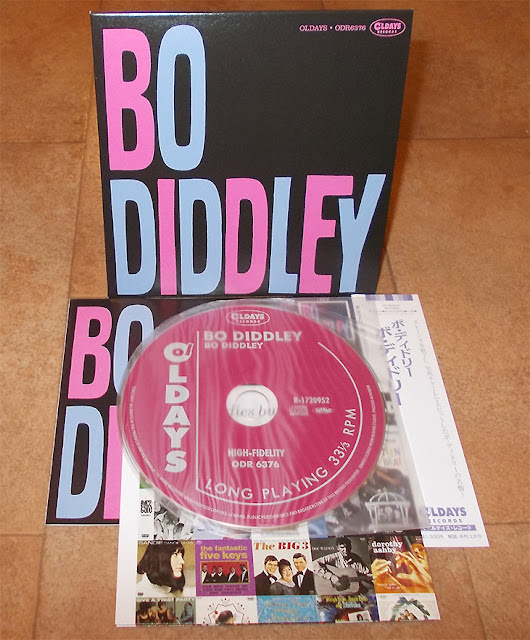250:- (24-Bit Limited Remaster Edition. Inspelningar gjorda i slutet av sextio talet och släpptes i Japan 2008 som ett samling album. Mycket svår att hitta.)
Full Circle includes songs written by Roger in his late '60s heyday (eight of which were co-authored by Williams, including their brand new collaboration, 'Look Around.') If that's not enough, the CD is supplemented by five previously unreleased '60s-era Roger Nichols demos! Roger Nichols co-authored some of the best known and biggest selling Pop hits of the 20th century, including "We've Only Just Begun," "Rainy Days And Mondays," and "Let Me Be the One".
Born in Missoula, MT, Roger Nichols and his parents moved to Santa Monica, CA, when he was a one-year-old. His household brimmed with music when he was growing up. His dad was a journalism graduate and a professional photographer who played sax in local jazz bands. His mother was a music major and a classical pianist. When Nichols started grade school, he picked up the violin, continuing his violin and classical studies throughout grammar and high school. His attention turned to basketball and Nichols forsook violin for the hoops but played guitar on the side.
Recruited to U.C.L.A. on a basketball scholarship, Nichols played on the team for a year or two. Confronted to make a choice between music or basketball by his coach John Wooden, Nichols chose music. While in college, he majored in music and cinematography while still playing the guitar and adding the piano. After a brief hiatus, he returned to U.C.L.A. and began taking songwriting courses. After he left college, Nichols took a variety of jobs, working in a bank for two years, a liquor store for a year and a half, and serving six months in the navy. On weekends, he worked in clubs with his group, Roger Nichols and a Small Circle of Friends, that performed original songs written by Nichols.
Around 1965, the group was signed to a recording contract by Liberty Records. While at the label, the group briefly had the opportunity to work with Tommy Li Puma. Li Puma thought the group had some potential, but left Liberty shortly thereafter. With the label for eight months without having a record released, Nichols called A&M Records expressing interest in playing some demos for label co-owner Herb Alpert. He was switched to Li Puma who had been hired as the A&R man for the new label. Li Puma was still enamored of the group. Nichols then asked for and received a release from Liberty Records.
While Nichols waited for Li Puma to finish producing the Sandpipers and Claudine Longet, he wrote an instrumental for Alpert that he promptly recorded a week after hearing it. Though Roger Nichols and a Small Circle of Friends wasn't a big seller, Alpert urged A&M publishing company head Chuck Kaye to sign Nichols as a songwriter to their company.
During his second year with the company, Kaye introduced Nichols to lyricist Paul Williams. The first song that wrote was recorded by Claudine Longet, "It's Hard to Say Goodbye." The duo wrote together for four years, resulting in lots of album cuts, B-sides, even A-sides, but no hits.
01. Talk It over in the Morning 02:37
02. The Drifter 03:03
03. Let Me Be the One 02:54
04. Out in the Country 03:04
05. I Kept on Loving You 02:27
06. The Winner's Theme 02:39
07. You're Foolin' Nobody 02:15
08. Watching You 03:50
09. Always You 02:34
10. I'm Comin' to the Best Part of My Life 03:38
11. I'm Gonna Find Her 02:41
12. Look Around 04:25























.JPG)


